Training and Coaching
£2360 (£1600 during the tuition waiver period)
Aiming to refine learners' ability to lead teaching and learning endeavours within a school environment, this module endeavours to build expertise in analysing classroom performance, understanding pedagogical science and theory, as well as enhancing teacher competencies in the digital era, all geared towards promoting favourable pupil outcomes.


1. Refine ability to lead teaching and learning endeavours within a school environment
2. Build expertise in analysing classroom performance
3. Understand pedagogical science and theory in the digital era
4. Enhance teacher competencies for promoting favourable pupil outcomes in the digital era


Scholarships
Citizens of the following countries are eligible for a 50% scholarship upon writing a personal statement. All scholarships are to be approved by the Academic Board. The list of countries are: Sri Lanka, Indonesia, Philippines, Bhutan, Morocco, Vietnam, Papua New Guinea, Laos, Cambodia, India, Nigeria, Ghana, Bangladesh, Laos, Myanmar, Pakistan, Nepal and South Africa. Please talk to your student counselor and ask for the Coupon Code to get the 50% Tuition Waiver.

To pass the unit a 40% overall grade must be achieved.

You are eligible if you meet our stipulated entry requirements.









Leading Teaching and Learning
Analyzing Classroom Performance
Pedagogical Science in the Digital Era
Enhancing Teacher Competencies
Digital Transformation in Education
Leadership in Online and Blended Learning
Future Directions in Educational Leadership